Residents from northwest China's Xinjiang have shared their life and career stories to show the all-round progress of human rights in the autonomous region.
On Thursday, representatives of different ethnic groups in Xinjiang Uygur Autonomous Region attended a press conference held in Beijing via video link, in response to the groundless allegations on Xinjiang by some countries at the 49th session of the United Nations Human Rights Council.
EXERCISE OF DEMOCRATIC RIGHTS
Hornisa Qadir, a deputy to the National People's Congress (NPC), the national legislature, has just returned from Beijing after attending the NPC's annual session. She is a senior agricultural technician in the city of Turpan, famous for the local grape industry.
After years of efforts of Hornisa Qadir and her colleagues, Turpan grape varieties have been improved, and the production process has been mechanized and standardized.
Nearly 40 percent of local farmers' income comes from grapes, raisins, wine, and other related industries. "The grape industry has become a pillar industry for farmers to increase their income," Hornisa Qadir said, adding that she will continue to perform her duty as a national lawmaker.
Ilzat Zada, a member of the National Committee of the Chinese People's Political Consultative Conference (CPPCC) and deputy director of the Xinjiang regional health commission, said he prepared several suggestions, including one on improving health service at primary levels.
"I hope that governments at all levels will increase investment and train more qualified doctors at the township and village levels," Ilzat Zada said.
"Xinjiang has adhered to a people-centered development approach and practiced whole-process people's democracy," said Xu Guixiang, spokesperson for the regional government.
In Xinjiang, all ethnic groups enjoy equal status, participate in state affairs, manage local affairs and exercise democratic rights regardless of their population, history, development level and differences in customs, Xu said.
ANTI-TERROR AND DE-RADICALIZATION
Patigul Qasim is a graduate of Moyu County's former vocational education and training center. In 2010, she opened a dessert shop in the county. Due to the influence of the extremist ideas of some customers, she was distracted from managing her business and had to close the shop in the end.
She even often lost her temper and quarreled with her family members. "My mother worried about me and persuaded me to go to the center for training," she said.
In the former center, she realized that the extremist thoughts were wrong and harmful for herself and others. She learned new skills in dessert making.
After graduation, she again opened a dessert shop. Now she owns two stores with a total of ten workers.
"The education and training center pulled me out of the quagmire of extreme religious thoughts. It gave me a new life and changed my destiny," said Patigul Qasim, who wants to open a new branch in the city of Hotan.
In the face of the threat of terrorism and extremism, Xinjiang has carried out counter-terrorism and de-radicalization efforts under the law and effectively curbed the frequent occurrence of terrorist activities, said Xu.
No terrorist cases have been reported for the past five consecutive years in Xinjiang.
"A real happy life is the greatest human right. Respecting and safeguarding human rights is not a verbal commitment but a real action, not a blank check but real investment," said Xu.
"Xinjiang is tranquil and peaceful. Those small bunch of countries should not try to make troubles and creat chaos," he warned.












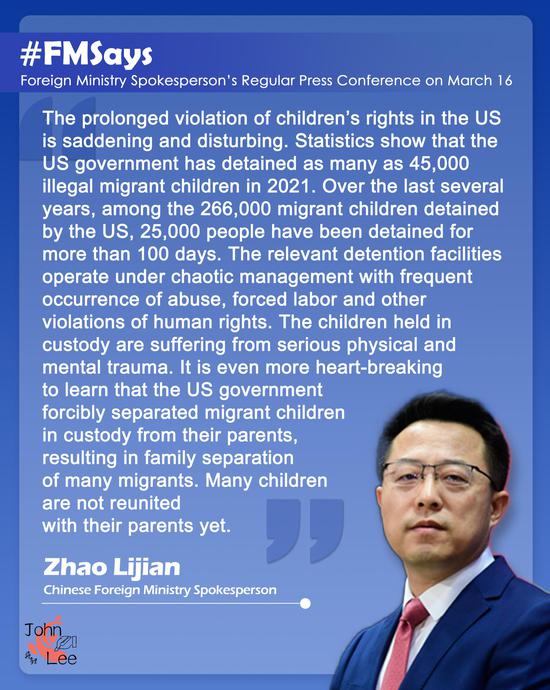
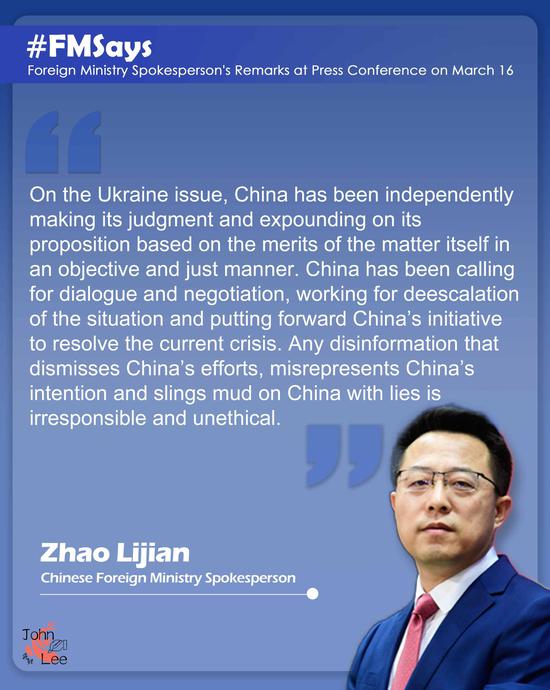
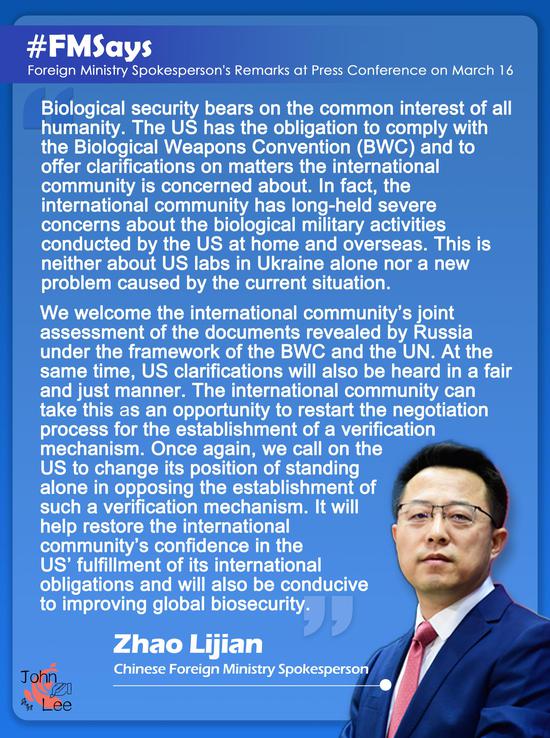


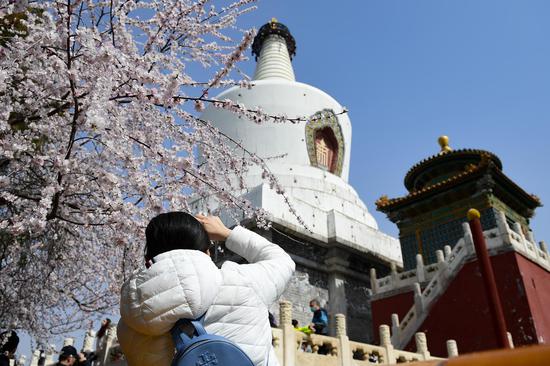



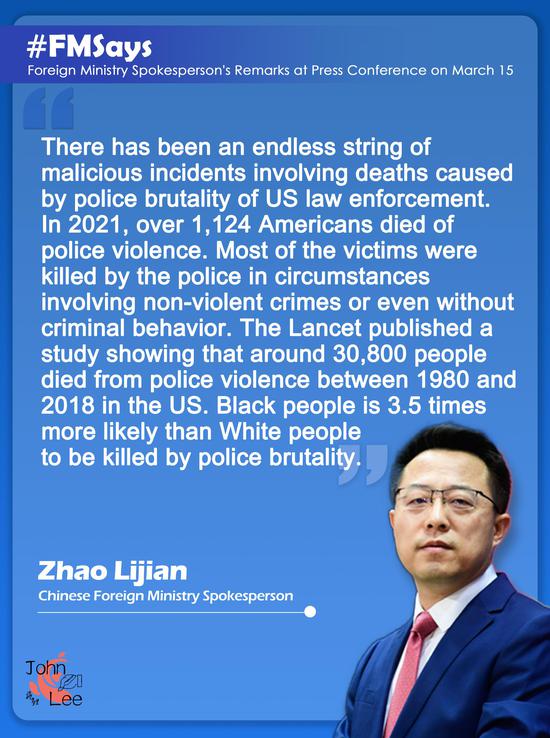

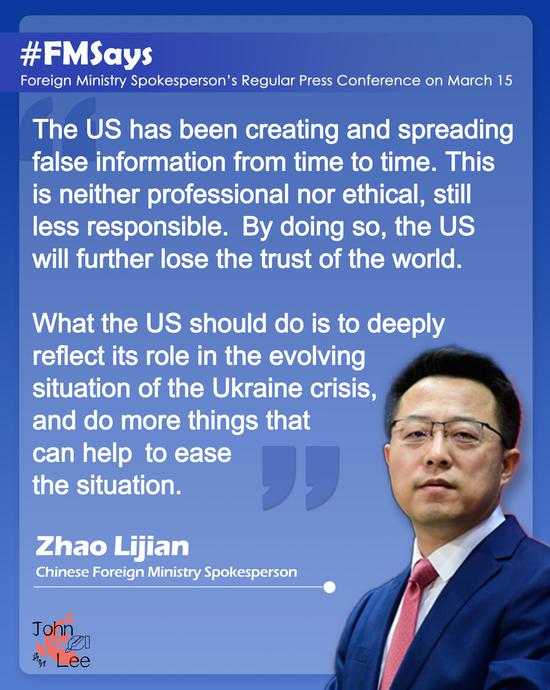
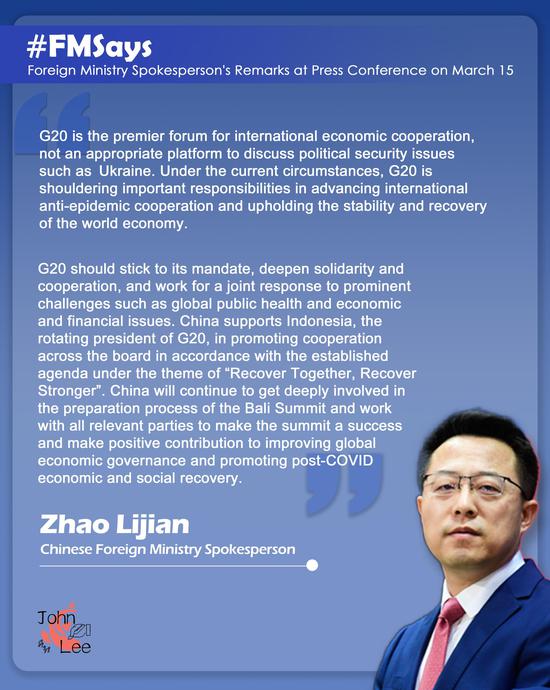
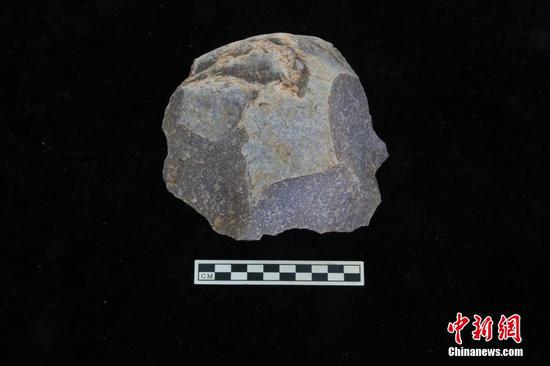



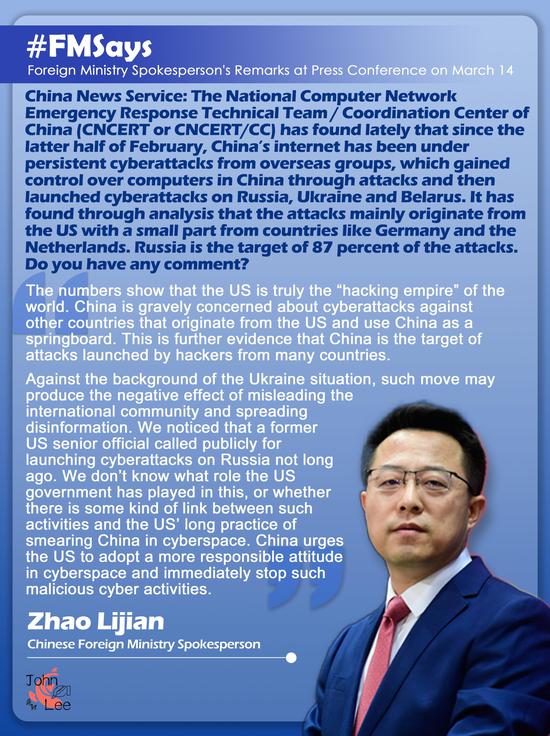



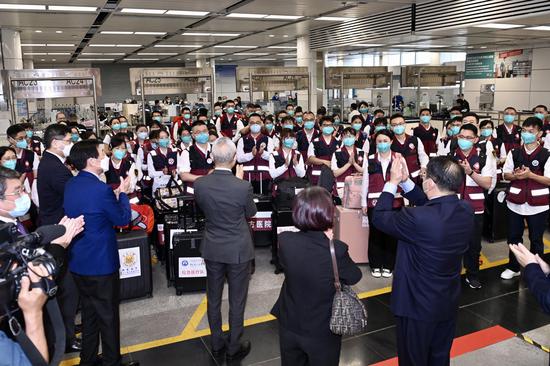
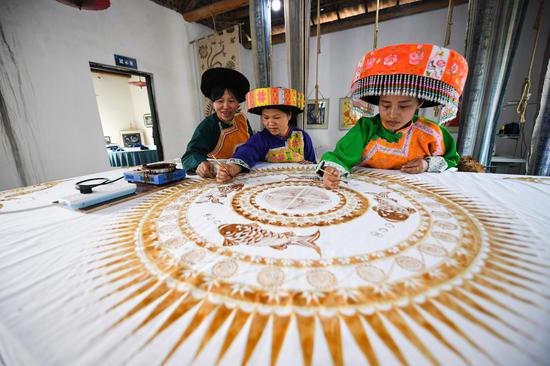



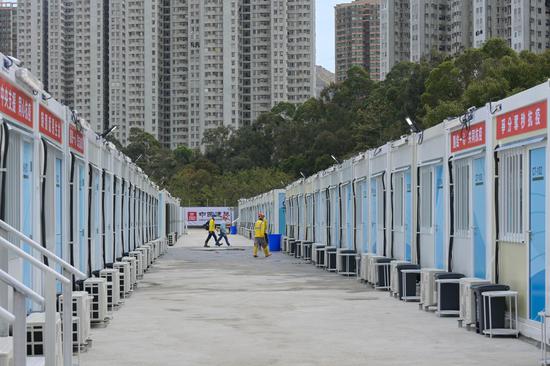




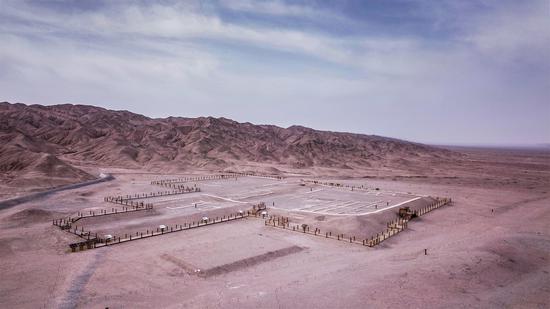
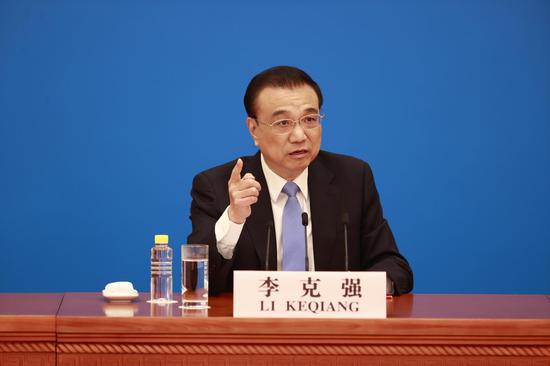





 京公网安备 11010202009201号
京公网安备 11010202009201号